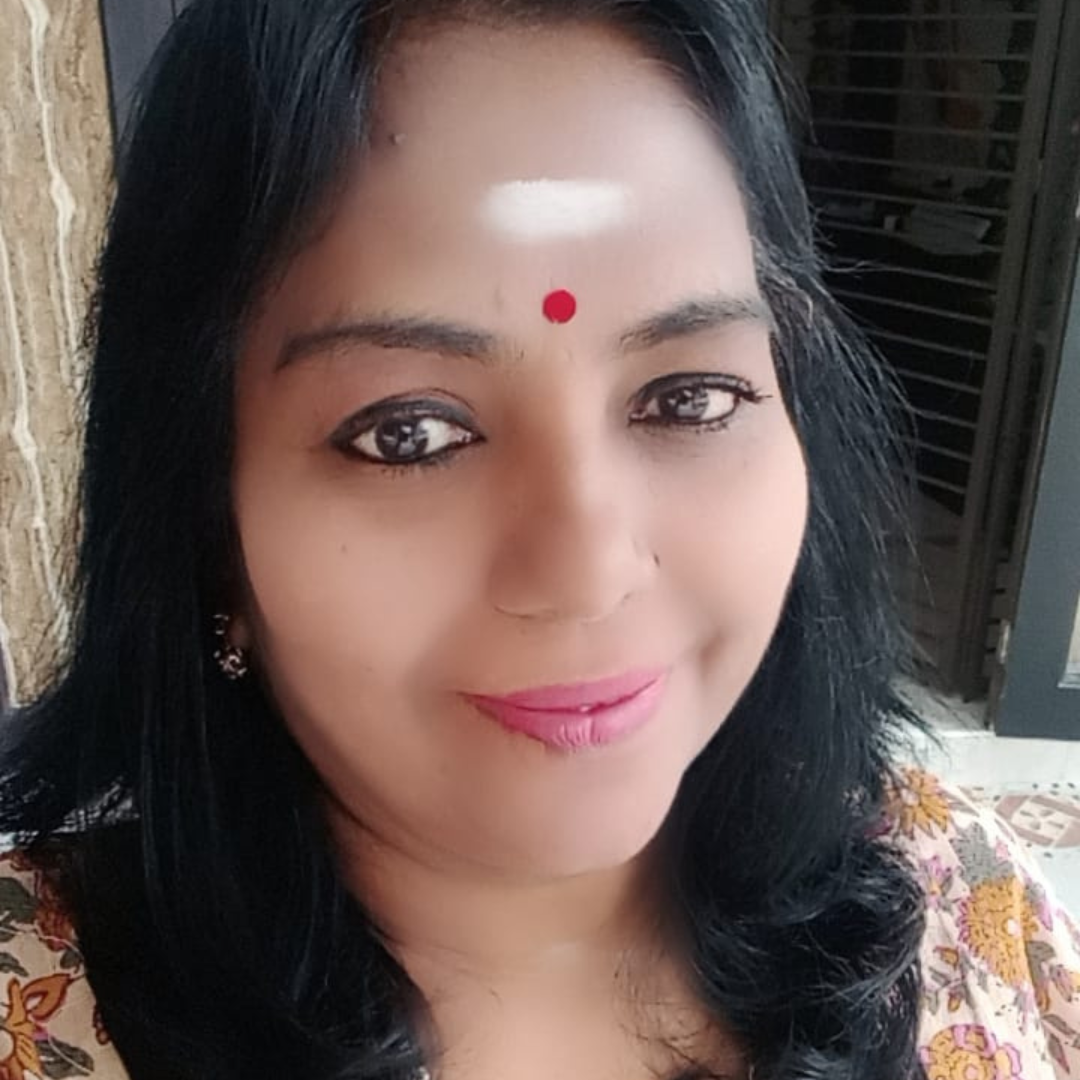Starting Point
The Women and Family Development Committee (Jawatankuasa Pembangunan Wanita dan Keluarga or JPWK) was established in January 2019 with 15 female members across the 40 state constituencies in Penang, all officially appointed by the state government. Tasked with planning, coordinating, and implementing programmes and policies related to the development of women and family institutions in Penang, the JPWK is the first initiative of its kind in both the state and the country. Operating under the jurisdiction of the EXCO for Social Development, its management, programme approvals, and budget processing are overseen by the Penang Women's Development Corporation (PWDC), a state agency. PWDC is also responsible for monitoring and evaluating the JPWK's performance, as well as enhancing the committee's capacity through targeted support and development initiatives. The committee plays a vital role in advocating for women's rights, promoting gender equality, and strengthening family institutions to foster social well-being. One of its primary functions is to plan and implement programmes aimed at raising awareness and empowering women and families in the local community. Additionally, it serves as a platform for women from residents’ associations, NGOs, various organisations, and the local community to network, collaborate, develop programmes, share experiences, and offer mutual support. Members also work closely with state assembly persons (ADUNs) in each constituency to identify community issues and provide necessary assistance.
Peace Journey
JPWK is designed to address women’s and family-related issues, with a primary focus on empowering female mediators to resolve domestic and gender-based conflicts. Many of its appointed members are actively engaged in community work through various NGOs, where they provide essential support to marginalized groups. Through these affiliations, they play a crucial role in addressing social issues, offering assistance to individuals experiencing domestic conflicts, gender-based violence, and other societal challenges.
However, these female mediators face significant limitations, particularly regarding their authority. Despite their involvement, they often lack formal legal recognition to mediate and resolve conflicts effectively. Additionally, not all mediators fully understand their roles, or the expectations associated with mediation, which can undermine the effectiveness of their efforts. Women affiliated with political parties generally operate within their political spheres, whereas NGOs offer greater flexibility, enabling them to reach a broader range of groups and address diverse issues.
To enhance the effectiveness of female mediators and reduce issues such as sexual harassment, it is essential for them to gain formal recognition from government bodies. This recognition would provide a clear operational framework, strengthening their legitimacy in community mediation. Establishing a formal infrastructure that integrates both informal and formal processes—such as the involvement of courts and mediation centres—would further support these initiatives. Legal frameworks and the participation of qualified professionals, such as lawyers, would enhance the capacity of female mediators to address conflicts and improve community relations.
Success Stories
Many community leaders who are female mediators operate without adequate access to legal frameworks, financial assistance, or social support. These gaps hinder their ability to provide effective and timely resolutions to the conflicts they mediate.
A participant shared a case of family and domestic conflict highlighting the mental health challenges a woman faced postpartum, which were worsened by the absence of a supportive network. The mother was struggling with post-partum depression and without emotional or practical support from her family or community, became overwhelmed by the demands of motherhood. The situation escalated when her husband, frustrated by the circumstances, filed a police report claiming that the woman had hurt their baby. In response, the woman was forced to leave the family home, while her husband retained custody of the child. The mother, distressed and powerless, was unable to reclaim her child, a scenario that ultimately contributed to ongoing domestic violence within the household.
The police, often reluctant to intervene in what they perceive as a "family issue," leave the woman in a vulnerable position. The lack of legal clarity and social support leaves her without recourse for both mental health treatment and access to her child, creating a cycle of emotional and physical harm.
In such cases, this informal female community mediator plays a pivotal role. She has been working within the community, familiar with the underlying issues of gender-based violence, mental health, and the lack of familial support. Her role in this case was to bridge gaps between individuals, families, and authorities, advocating for proper intervention, support systems, and legal assistance. She also facilitated communication between estranged partners and provided psycho-social support for mothers facing mental health challenges.
This success story underscores the resilience, creativity, and determination of female mediators in overcoming cultural and systemic barriers. However, she often questioned her authority in dealing with individuals, families, and authorities. This uncertainty arose because she was not formally appointed under JPNIN, , or any other authority with a structured framework for legalising mediators in the community. While the role of female mediators emphasizes the importance of local, gender-sensitive interventions in addressing sensitive family conflicts, their impact is limited without formal authorization, as there are constraints on what they can achieve without institutional backing.

